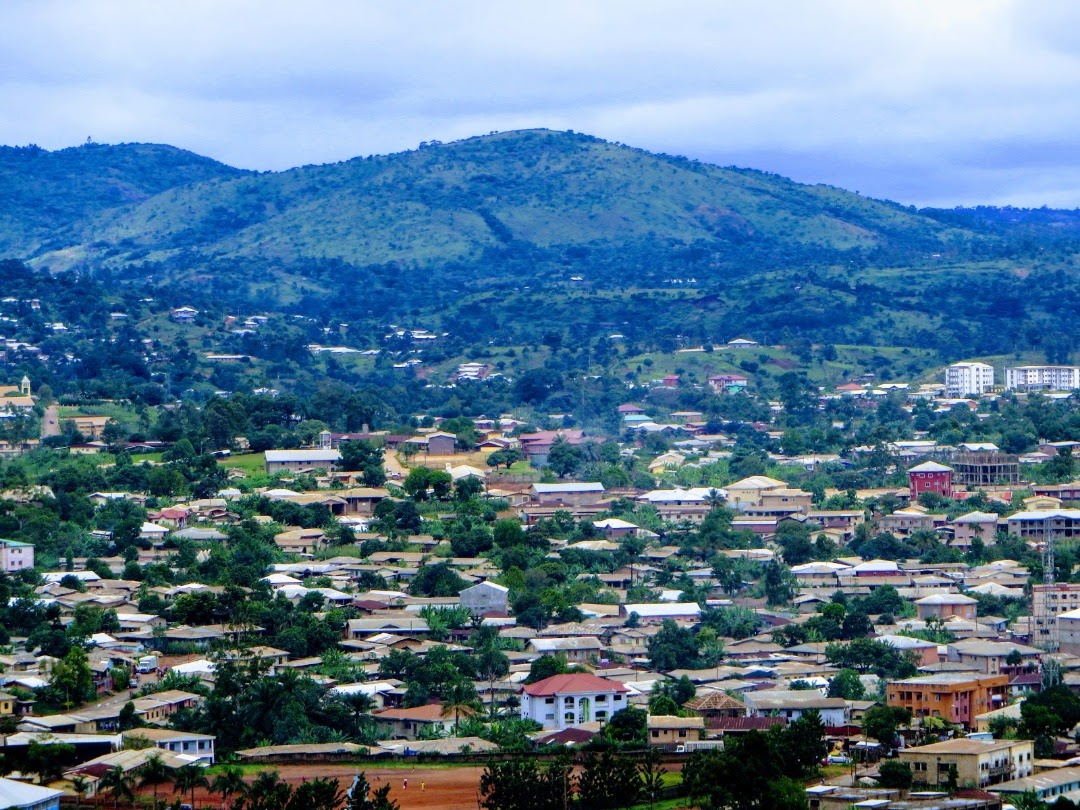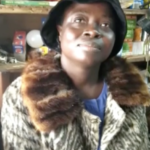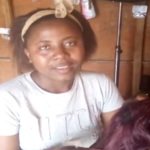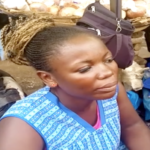Bamenda, commonly referred to as Abakwa and Mankon Town, is a city in the Northwest region of Cameroon, and also the capital of the Northwest Region. The province has a population of about 2 million people. Bamenda is located 366 kilometers (227 mi) north-west of the Cameroonian capital, Yaounde. Bamenda is known for its cool climate and scenic hilly location. The Northwest Region is the third most populated region in Cameroon. The mountainous nature of the terrain with magical topographical sites contributes to the beauty of the region. It is mild and cool with temperatures hovering around 22° C.
How Women Entrepreneurs in Mankon, Cameroon Use the Smartphones to Develop Their Businesses
Bamenda, commonly referred to as Abakwa and Mankon Town, is a city in the Northwest region of Cameroon, and also the capital of the Northwest Region. The province has a population of about 2 million people. Bamenda is located 366 kilometers (227 mi) north-west of the Cameroonian capital, Yaounde. Bamenda is known for its cool climate and scenic hilly location. The Northwest Region is the third most populated region in Cameroon. The mountainous nature of the terrain with magical topographical sites contributes to the beauty of the region. It is mild and cool with temperatures hovering around 22° C.
The topography is covered with grassy vegetation and offers a captivating spectacle characterized by the contrast offered panoramic plains surrounded by mountains and deep valleys that are home to some waterfalls and many crater lakes.

The Up Station hillside is just an example from which one can get a fantastic view of the Bamenda Mankon town.
Agricultural and Economic Life of Mankon Women
The traditional economy of the region is based on subsistence agriculture, animal breeding, and handicraft. The existence of fertile volcanic soils permits the cultivation of a variety of crops. Agriculture is a pre-occupation of women as well as men. Many crops like maize, plantains, cocoyams, yams are grown everywhere as staple food crops. In addition to that, carrots, sweet potatoes, bananas and groundnuts are widely grown. The German colonial administration introduced the Irish potatoes into the region which today is cultivated in increasing quantities by almost all ethnic groups in the area, except the forest areas. The people have also recently begun growing grapefruits, papayas, oranges, guavas, soy beans, cabbage, tomatoes and pineapples.
Mankon Women Entrepreneurs
Today we met with Winifred, Yvonne and Annette in Mankon, Cameroon. We provided them with Nokia android smartphones, set them all up and gave instructions on how to use the main apps.
The benefit of the program is an affordable smartphone that is very beneficial in the line of business they are currently working in. With the phones, they have a chance to promote their products and services on social media platforms like Facebook and Whatsapp. Additionally, the phones have helped the women improve productivity by giving them access to basic financial services, improving communication with the customers, learning and developing new agricultural and business techniques, finding new markets, and in turn helping them to secure more customers and a better return on investments.



In the same line of thought, these women have many counterparts living in quarters found in Mankon land such as Ntatru, Ntambeng, Alabukam, Choubu, Ntarikon – just to name some few residential quarters in the Mankon native land.
About the Phone Access Program by Afrifarms
The Phone Access program is a partnership between Afrifarms and Aion Sigma. Afrifarms provides credit to the women entrepreneurs and Aion Sigma brings its trust platform and the Smartphones4good initiative, which raises the funding for the phones.
Final Words
The case of Cameroon is a direct result of the #EUvsVirus Hackathon, which took place back in April. Hearing the success stories of people like Yvonne and Annette is among the main reasons why the initiative proceeds to exist and do its best to keep on developing and working towards digital and financial inclusion.